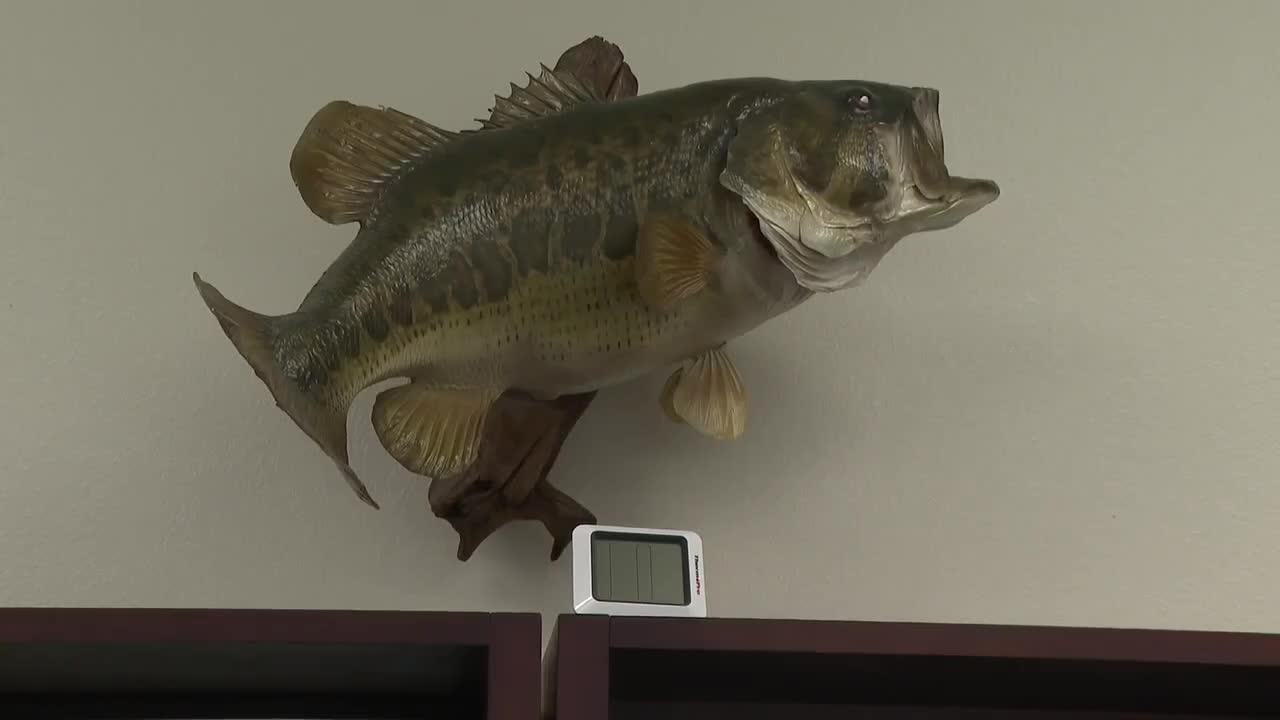WACO, Texas (KXXV) — The Brazos River Authority is clearing up a few things about Lake Whitney and what people need to know.
- The BRA and the U.S. Army Corps of Engineers are moving forward with plans for Lake Whitney
- Comments can be sent over to the corps online.
BROADCAST TRANSCRIPT:
“I’ve spent a lot of time on that lake. I’ve got a boat," Brad Brunett said, Chief Operations Officer for The Brazos River Authority.
Brad Brunett is the COO for The Brazos River Authority. Burnett was raised in Whitney and has a deep attachment to the lake.
“Lake Whitney is special to me, and I wouldn’t be sitting here again advocating and trying to convince everyone that this reallocation study is okay if I didn’t truly believe that," Brunett said.
These days, Brunett finds himself on the other side of the lake, advocating for improvement, not deterioration, through the Lake Whitney reallocation study.
"We want to provide a larger, more reliable supply of water for the growing needs in the area. Our state is growing rapidly, and I heard figures that 1500 people a day are coming to Texas for the last several years, and we need water for those people," Brunett said.
Here’s the idea: changing the conservation pool located inside Lake Whitney. What’s a conservation pool, you may ask? It’s the designated volume of water found inside a reservoir, lake, or body of water that's meant for human use.
But Brunett wants to clarify some confusion about the water level.
“People think because the conversation pool is going down to 512, we’re going to pull the lake down to 512, and that would be 21 feet below where it is today. That’s not the case at all. We are changing the bottom of that pool, but the lake levels will be very similar to what people have experienced historically," Brunett said.
He said the new plan won’t hurt Whitney economically.
“The lake elevation with this plan in place going forward is actually going to be better than they were then it was before, in 1973 to 2014, when hydropower was in operation, because we’re going to be using much less water from the lake for water supply than was used for water supply back then," said Brunett.








